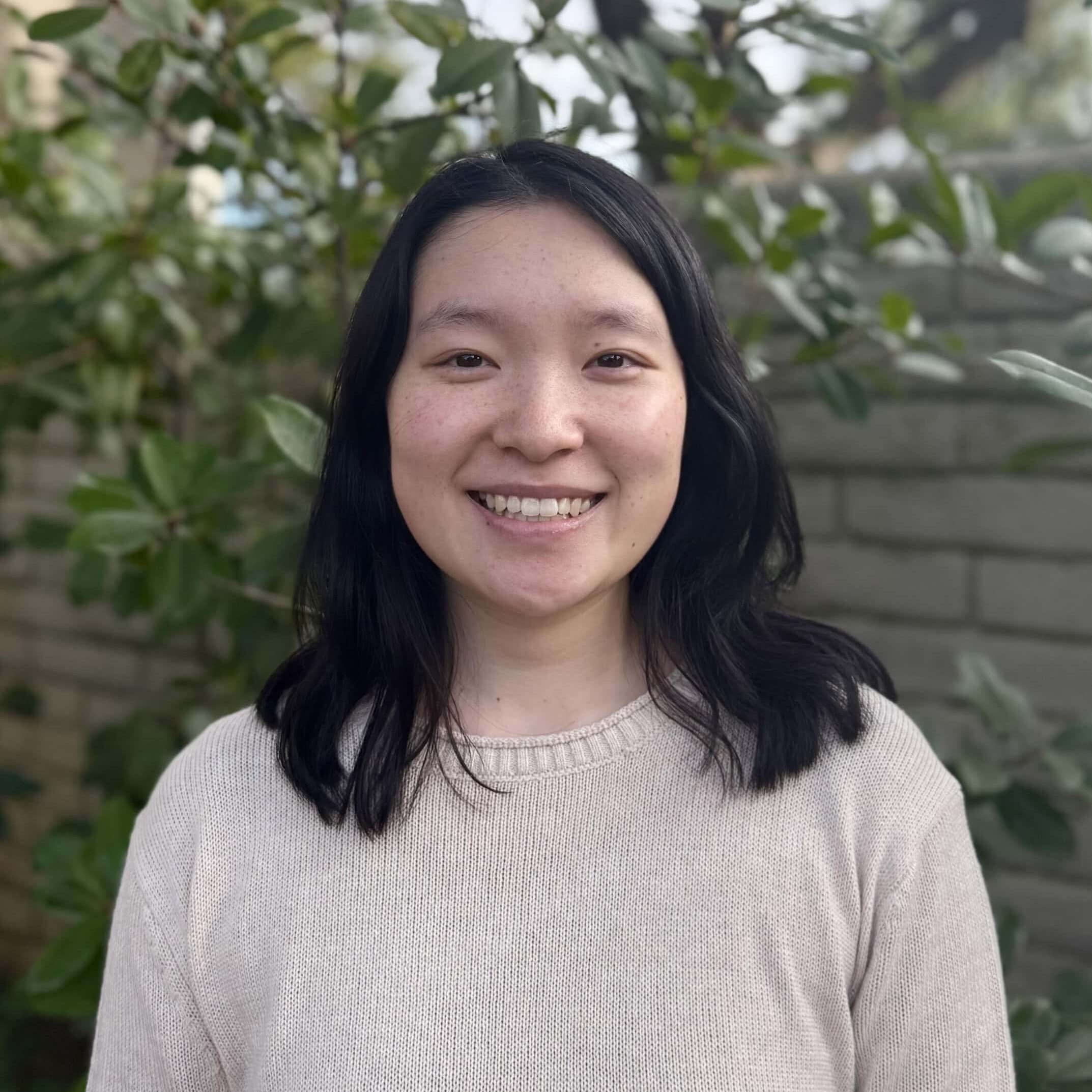The Edible Applications Technology Division Student Excellence Award recognizes graduate students presenting an outstanding oral or poster presentation within the Edible Applications Technology technical program at the AOCS Annual Meeting.
What does the recipient receive?
- Certificate
- Complimentary AOCS Annual Meeting Registration
- Up to US $500 travel allowance
- Complimentary Edible Applications Technology Division meal ticket
- Opportunity to present an award lecture at the AOCS Annual Meeting
Who is eligible?
Graduate students presenting within the Edible Applications Technology Division technical program at the AOCS Annual Meeting who have not received the Edible Applications Technology Division Student Award
How do I nominate someone?
Login to the Awards Portal to submit the following application materials by October 14.
- Complete application questions using the Awards Portal
- Letter of support from the major advisor
- Major Advisor Ranking Form (.docx) prepared by the major advisor
- At least one letter of recommendation from an individual familiar with the candidate’s accomplishments
- Copy of current university/college transcript showing courses and grades
- Detailed Curriculum Vitae which includes education, work and training experiences, awards, and a full list of publications and scientific/technical meeting presentations
- Abstract submitted for the current year’s AOCS Annual Meeting in the edible applications technology interest area

Most Recent Recipient
Mary-Ann Chen is a Masters student in the Department of Food Science & Technology at the University of California, Davis. Her research focuses on characterizing the functionality of plant ingredients, such as pulse proteins and food processing byproducts, and finding novel uses that ultimately promote the development of healthy, sustainable food options on the market. A large part of her work explores lentil and bean protein-polysaccharide systems as oleogel structuring agents for making plant-based fat analogs. Prior to graduate school, Mary-Ann earned her Bachelors in food science also from UC Davis and worked in an analytical food chemistry lab conducting research on composition and quality markers in California almond varieties.